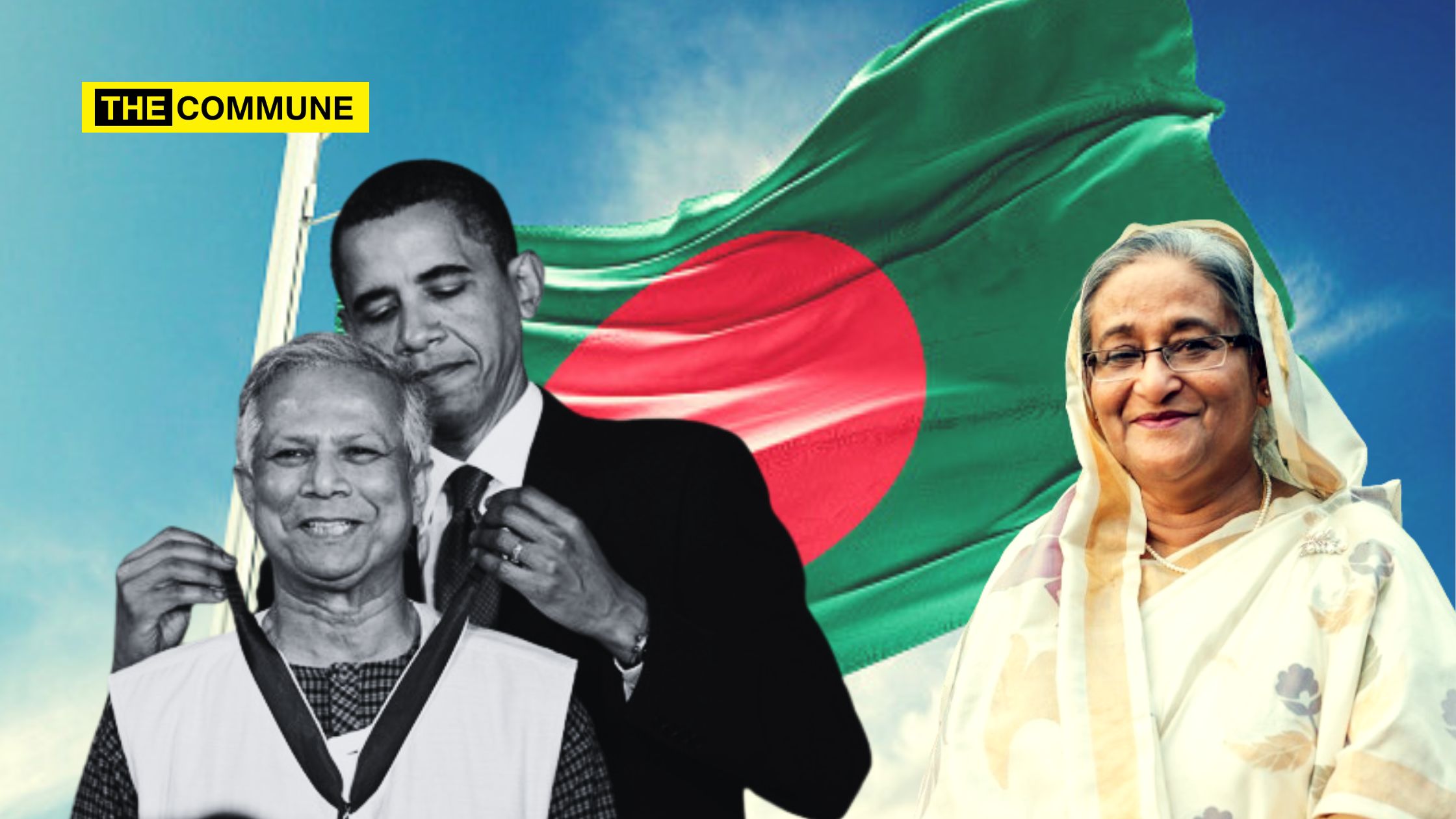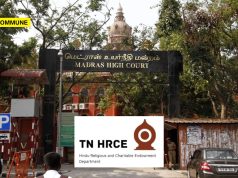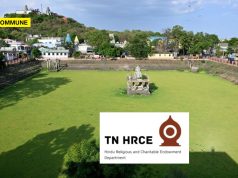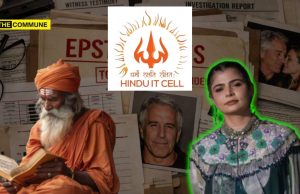
Muhammad Yunus, the founder of Bangladesh Grameen Bank and Nobel Prize laureate, has emerged as a central figure amid a political crisis in Bangladesh. Following Prime Minister Sheikh Hasina’s resignation and the subsequent call for an interim government, the “key organisers” of the student protests that sparked the upheaval have proposed that Yunus lead the transitional administration.
This development has stirred significant attention and debate, particularly given Yunus’s contentious relationship with Hasina and his views against India’s role in the crisis.
Sheikh Hasina flees to India.
The turmoil in Bangladesh began with a violent student movement, reportedly instigated by the opposition. Under increasing pressure, Hasina resigned and fled to India. She left in a situation eerily similar to one 49 years ago when her father, Sheikh Mujibur Rahman, was assassinated in a military coup. At that time, Hasina and her sister survived because they were in Germany.
Now, once again, she has sought refuge in India, which has angered anti-Hasina factions in Bangladesh.
Muhammad Yunus
Muhammad Yunus’s name has been making the rounds since the turmoil began.
Notably, the “key organisers” of Bangladesh’s student protests announced that Nobel Peace Prize laureate Muhammad Yunus should lead an interim government following Hasina’s resignation and departure. Nahid Islam (26), a sociology student who led the protest movement against quotas in government jobs, shared in a social media video post that Yunus has agreed to assume the role.
But who is Muhammad Yunus?
The Bangladesh Grameen Bank founder counts among prominent voices against Hasina and India in Bangladesh. Yunus has a contentious relationship with Hasina and has been a vocal critic of her leadership. He accused Hasina of dictatorial rule “supported by India” and has expressed discontent with India’s view of the crisis as an internal matter. Yunus, potentially poised to become the chief advisor of a new interim government, believes India should play a role in restoring democracy in Bangladesh.
Muhammad Yunus’s Criticism And Legal Troubles
His criticism of India and Hasina is not new. He claims India’s support has enabled Hasina’s extended rule.
Yunus’s controversies include a recent conviction for violating labour laws in Bangladesh. However, he remains a significant figure in some circles. Yunus has been critical of India’s non-interventionist approach during Bangladesh’s recent unrest, arguing that as a neighbouring country and SAARC member, India has a “responsibility” to help restore democracy.
What Is Yunus’s Relationship With The West
He has faced numerous legal challenges in Bangladesh, including a conviction for failing to establish a welfare fund for Grameen Telecom employees. Despite these issues, he is celebrated in the West, receiving prestigious awards like the Nobel Peace Prize, the Presidential Medal of Freedom from Obama, and the Congressional Gold Medal. These accolades have bolstered his international standing even though he has strained relations with the Awami League-led government in Bangladesh.
The Nobel laureate, known as the “father” of microcredit and founder of Grameen Bank, was interviewed by Reuters recently, revealing his aspirations to return to politics and potentially lead the government of Bangladesh. This interview portrays Bangladesh as a “one-party state” under Prime Minister Sheikh Hasina and questions the legitimacy of recent elections, claiming they were boycotted by the main opposition party, BNP, which is connected to Al Qaeda and has faced severe legal repercussions. Under Khaleda Zia and her son Tarique Rahman, the BNP has attempted unconstitutional methods to regain power, with alleged support from the Biden administration.
The interview sheds light on Yunus’ controversial history, including high interest rates on loans to poor borrowers, misuse of funds, and significant political influence. Despite his Nobel recognition, Yunus’ promises to eradicate poverty have not materialised, with many borrowers falling into deeper financial distress. Additionally, Yunus has faced criticism for his close ties with Hillary Clinton, who allegedly pressured the Bangladeshi government and World Bank to support Yunus amidst corruption investigations.
Yunus and the Clintons see this interview as part of a broader strategy to destabilise the Hasina government and promote Yunus as a political leader.
In another interview with CNN following Bangladesh PM (former) Sheikh Hasina’s resignation on 5 August 2024, Yunus expressed his desire for the military to transfer control of the country to a civilian government. He criticised Hasina and said, “She has tortured us. She has made this country unlivable for people.”
Possible Impact On India-Bangladesh Relations
Yunus’s anti-India rhetoric and the possibility of him playing a vital role in a new government could strain relations between the two countries. His comments echo those of Muhammad Muizzu in the Maldives, whose anti-India stance led to deteriorating bilateral relations. The situation in Bangladesh could follow a similar trajectory if Yunus gains more influence.
With Yunus poised to lead the interim government, it remains to be seen how the relationship between India and Bangladesh will develop.
Subscribe to our channels on Telegram, WhatsApp, and Instagram and get the best stories of the day delivered to you personally.




